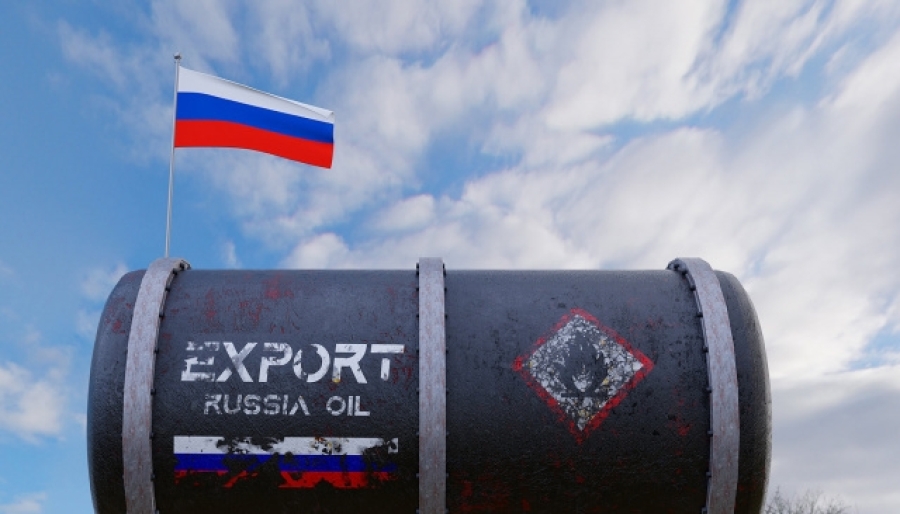Russian oil firms are encountering significant delays in receiving payments for crude oil and fuel, with banks in China, Turkey, and the United Arab Emirates (UAE) exercising heightened caution due to concerns over U.S. secondary sanctions.
Reuters sources familiar with the matter revealed that these delays could extend for several months, impacting the revenue flow to the Kremlin and contributing to erratic payments, ultimately aligning with Washington’s sanction objectives.
The implementation of stringent compliance requirements by several banks in China, the UAE, and Turkey has led to delays and, in some cases, the rejection of money transfers to Moscow.
Financial institutions are now demanding written assurances from clients that no individual or entity listed under the U.S. Special Designated Nationals (SDN) is involved in transactions or benefiting from payments.
In the UAE, reports indicate that leading banks such as First Abu Dhabi Bank (FAB) and Dubai Islamic Bank (DIB) have suspended multiple accounts associated with the trade of Russian goods, further exacerbating the payment challenges faced by Russian entities.
Similarly, Turkish banks including Ziraat and Vakifbank, along with Chinese counterparts such as ICBC and Bank of China, are processing payments but experiencing significant delays, extending the timeline for completing transactions to weeks or even months.
Kremlin spokesperson Dmitry Peskov acknowledged the existence of payment issues, attributing them to the ongoing pressure exerted by the United States and the European Union on China.
The escalation of payment delays follows the issuance of a U.S. Treasury executive order on December 22, 2023, which warned of potential sanctions for the evasion of Western-imposed price caps on Russian oil.
This order marked a significant development, akin to the imposition of sanctions on Iran, and prompted increased vigilance among banks collaborating with Russian entities.
Consequently, Chinese, UAE, and Turkish banks have intensified scrutiny, implementing additional checks, requesting supplementary documentation, and enhancing staff training to ensure compliance with regulatory requirements.
The additional documentation sought by banks includes comprehensive details on the ownership structure of involved companies and personal information of individuals controlling these entities, enabling thorough assessments for any association with sanctioned entities.
Moreover, UAE banks have faced heightened scrutiny, necessitating the provision of transaction data to U.S. correspondent banks and the Treasury Department for transactions involving Russian entities and Chinese beneficiaries, leading to further delays in payment processing.
Traders lament the growing challenges, highlighting instances where payments have been delayed by up to two months, underscoring the severity of the situation.
The complexities extend beyond dollar transactions, with delays also impacting direct yuan-rouble transactions, exacerbating operational inefficiencies and disrupting the smooth execution of financial transactions.
Click here for more News & Current Affairs at EU Today
_____________________________________________________________________________________________________________

Follow EU Today on social media:
Twitter: @EU_today
@EU_sports
Facebook: https://www.facebook.com/EUtoday.net/
https://www.facebook.com/groups/968799359934046
YouTube: https://www.youtube.com/@eutoday1049







